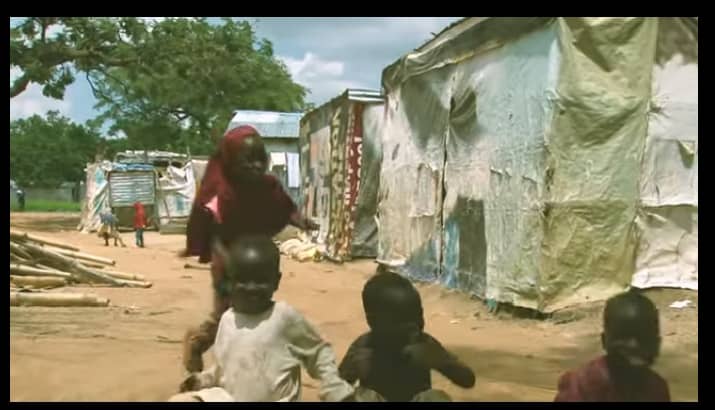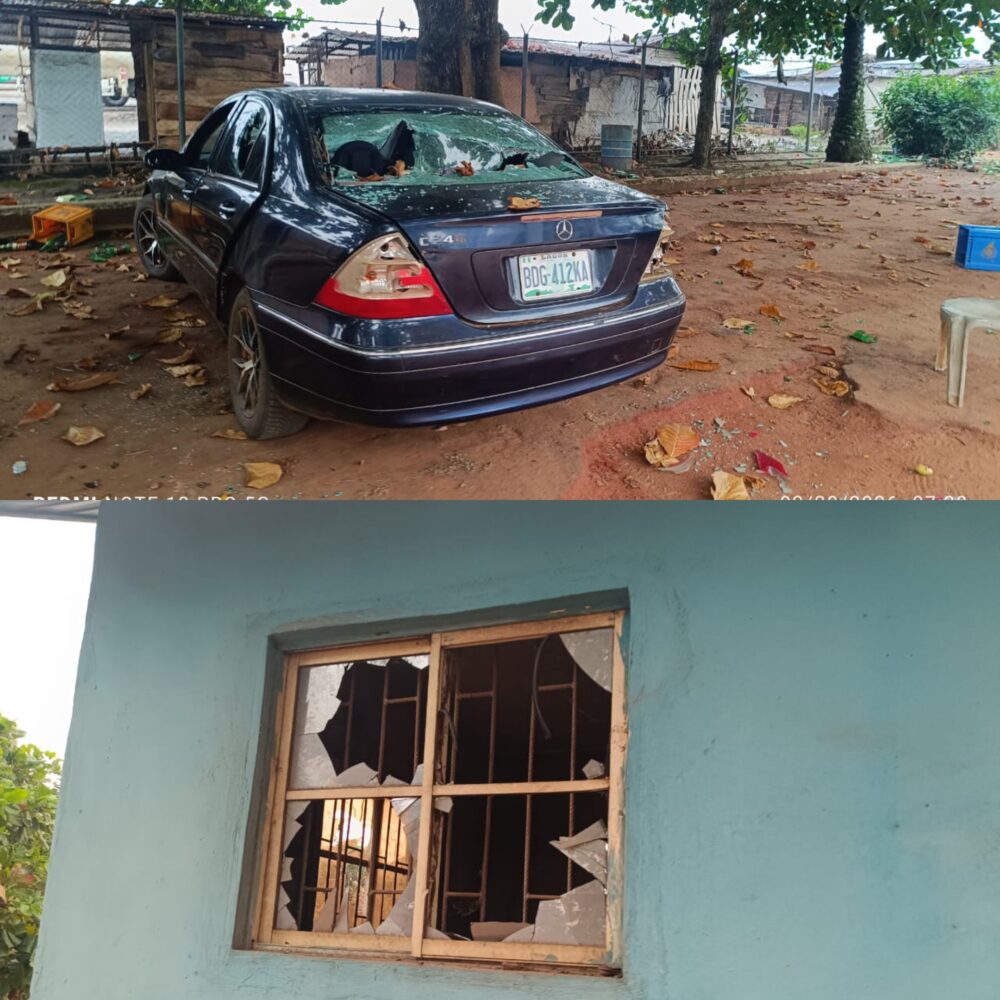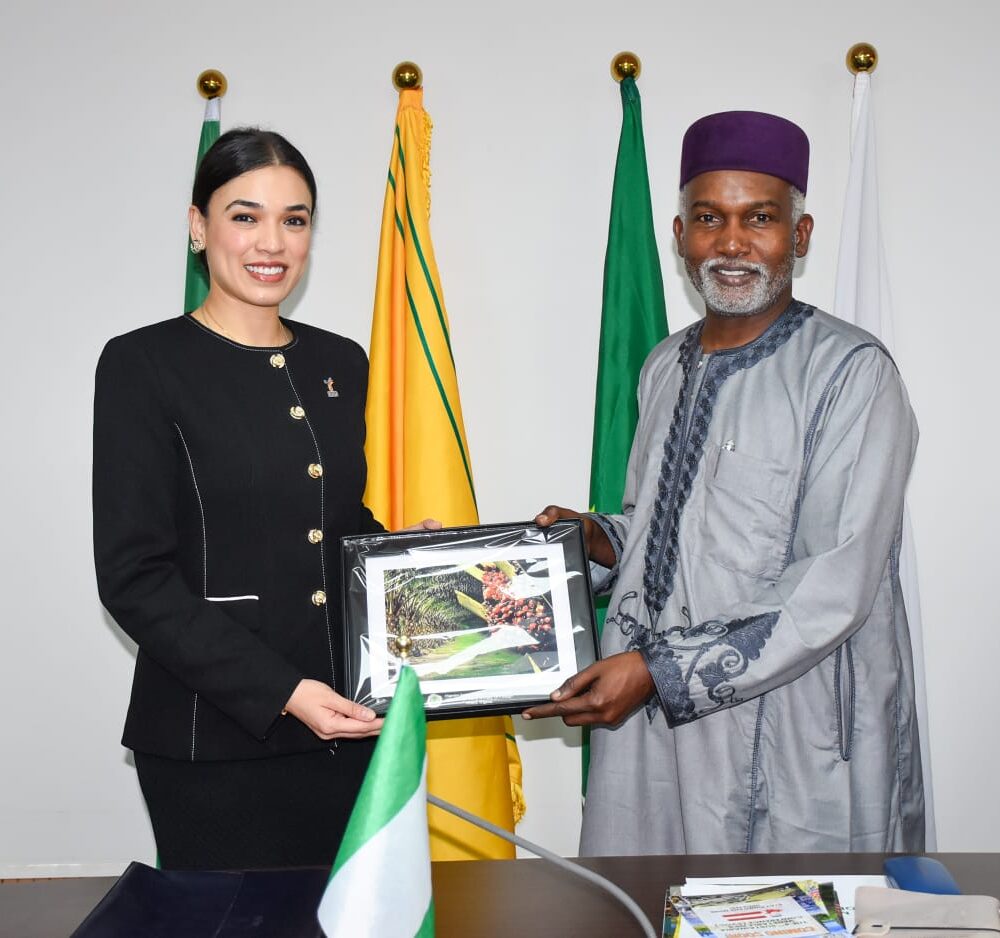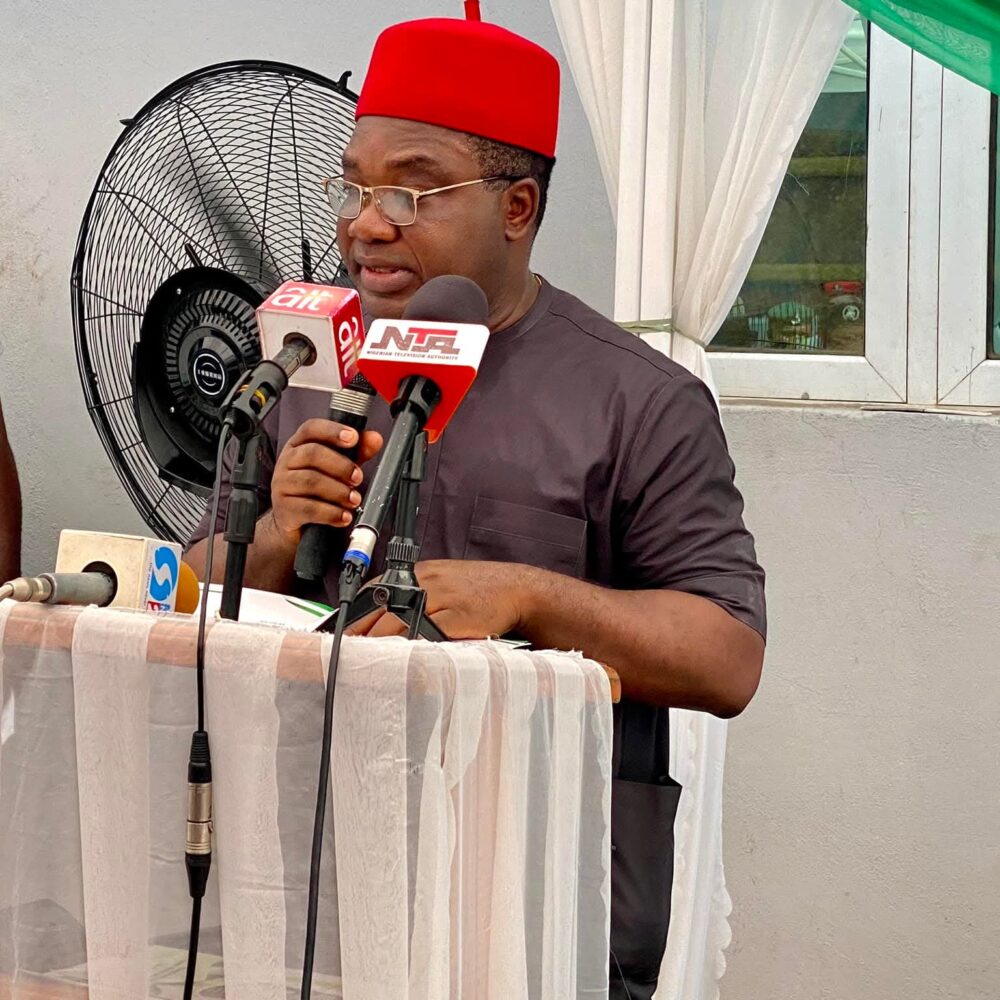A documentary on the pathetic story of the living conditions of the Internally displaced persons, (IDPs) in most part of Nigeria has been produced by a young Nigerian.
The documentary titled, ‘Silent cries: Unveiling hidden lives’ aptly captured the true life story of the pathetic situations of these Nigerians who were once going about their lives just like every other Nigerians, doing their legitimate businesses, but have everything cut short and now forced into a life of hardship occasioned by the unfortunate attack on their communities by bandits and Boko Haram.
The young Nigerian, Farouk Muhammed, son of the President of the Nigeria Archery Federation, Mohammed Baba Abdullahi, and an undergraduate from Bingham University took a trip into one of the camps to present a side of the story that the government has been so silent about.
The documentary presented the IDP camp as lacking in basic amenities that would make living conditions comfortable and conducive for any person. He emphasized the fact that there are no schools for the children as they were seen playing away all day long.
The documentary saw the writer speaking with several of the IDPs on the condition of their stay in the camp. Speaking first, the coordinator of the camp visited, and one of those who has been at the forefront of fighting for the rights of IDPs in Nigeria, Idris Halilu explained the challenges they face living in the camp.
“The story is unpalatable, it’s such a sad story. The living condition is critical. Honestly life has not been easy for us. What do I mean? 95 percent of what I eat, what IDPs eat comes from individuals, foundations and NGO. So when I say 97 or 98 percent you can see that government intervention is just 2 percent and ordinarily they are supposed to shoulder it 100 percent.
Another respondent who spoke with the writer was one of the escapees by name Mallam Ahmed who narrated how he escaped from Boko Haram and wondered for six days without food and water before entering the camp.
“In Gwoza I was a business man selling bikes and I also rare cattles. I was also a farmer when terrorists came to our town. They looked for boys who are 13 years, and older and killed them. I left the town with no shoes on my feet. Before I even got to leave i hid under the bed. They started marrying women and girl off to the terrorists. It was one of these women that saved me; I had to hide for six days without food and water before I finally left there”, he concluded.
Another resident of the IDP camp, Adaza Haruna from Bornu state said she had spent about nine years in the camp, but lamented that that their greatest challenge is food.
“Food is very difficult to get, some persons have mattresses while some don’t. Those that don’t have mattresses spread plastic to lay on. My husband is currently sick because of laying on the floor. I have five kids but only three are alive, the cold is very bad on my husband. Some night he does not sleep, he spend the entire night crying”, she lamented.
Also the women leader of the IDP camp, Leyatu Ayuba who is running a road side restaurants in the camp. She narrated her experience in the hands of the terrorists, explained how she lost her husband and her son in the hands of the terrorists. Nevertheless, she expressed gratitude to the NGO, the Foundations and others good spirited persons who have always come to their aide at the camp.
The writer ended by saying that despite these challenges they still find some reasons to make themselves smile and happy in the camp.





